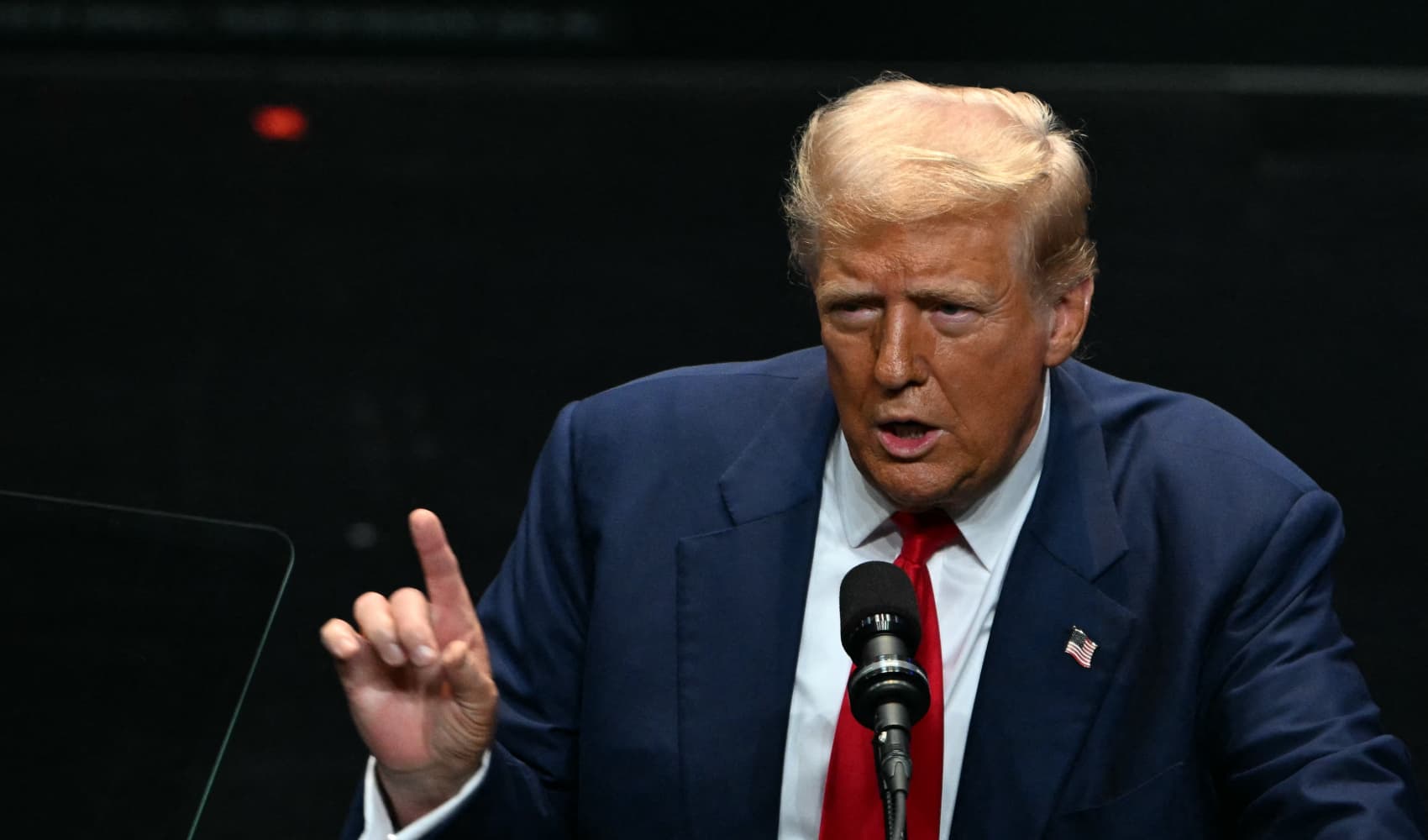
Five days ago, I did something revolutionary for a Gen Zer: I deleted all the social media apps from my phone.
The constant ping of notifications and the pressure to share even the most insignificant moments of my day, instead of actually just living them, had become incredibly overstimulating. Social media dependency is a real problem, recent data shows. On average, Americans check their phones 144 times a day, according to a 2023 survey by Reviews.org.
So much of my free time throughout the day was consumed by mindless scrolling on the social media platform X and Instagram. I wanted to see how I could use that time differently.
My decision to step away from social media came hours after I interviewed George Jerjian, author of "Dare to Discover Your Purpose: Retire, Refire, Rewire" whose life changed after going on a 30-day silent retreat.
The Hurricane season is on. Our meteorologists are ready. Sign up for the NBC 6 Weather newsletter to get the latest forecast in your inbox.
"I think in the noise-filled world that we live in, silence is a secret weapon. It's a commodity that is priceless, because it allows you to shed the masks," Jerjian tells CNBC Make It.
"When you shed these masks, you come to face your true self. And I cannot tell you how important that is, because you don't want to meet that self on your deathbed."
The following day, I interviewed Weiting Liu, founder of Arc.Dev, who has been to eight silent retreats since 2022. Here's what Jerjian and Liu shared with me about the benefits of disconnecting.
Money Report
Disconnecting allows time for a self-audit
Going on a 30-day silent retreat is a much greater challenge than ditching social media for a few days.
One commonality between social media detoxes and silent retreats is that Jerjian and Liu also weren't able to access social media during the retreats — where the use of phones wasn't allowed outside of emergencies. Jerijan and Liu also weren't able to communicate with anyone at all, including the people around them.
"In that silence, I met my vulnerable self. I met the self that I would not ordinarily introduce to people," Jerjian says.
Being silent for 30 days allowed him to become in tune with his emotional and sensitive side that he neglected when he was on the go. He used the time to do an audit of his life, observing the high points and low points that he experienced over the years.
After extensive journaling about his life, he realized "every crisis in my life was the platform for a new opportunity."
You can achieve better emotional regulation
Liu's takeaways from silent retreats are similar. He's been to at least one silent retreat every quarter since the end of 2022. The length of the retreats ranged from five days to 10 days.
At silent retreats, "you're no longer taking in external stimuli, and that kind of forces you to start to look deeper internally," Liu says.
"Most of us have stored traumas, hidden, serious or not, to different degrees, stored within our subconscious, right? So in those environments, those can really start to bubble up, and that enables you to reflect [on] things."
Deep reflection on the negative experiences in his life allowed him to adhere to the Buddhist teaching that "the source of human suffering is basically aversion or craving." Essentially, Liu learned "you can't really control the external circumstances, but you can actually control how you react to these circumstances. It's actually how you react that dictates the quality of your experience."
This realization allowed Liu to achieve better emotional regulation and become a more productive leader.
"I'm no longer a slave to my own emotions. I used to be a very bad-tempered person," he says, recalling times when he read into a person's tone in an email or felt slighted after being ghosted by potential investors.
"I no longer have this negative, reactive loop [and] that made a world of difference."
You don't have to be silent for 30 days to see benefits
I'm not yet at the stage where I'd be ready to go on a 30-day silent retreat, but my time away from social media has helped me to reach similar conclusions as Jerjian and Liu.
"It's definitely a good idea to ease yourself in. Like for someone who has never really been still or been quiet for more than three hours, it would probably be too big of an ask for them to disappear for 10 days," Liu says.
"Just start to cultivate a mindfulness or meditation habit. Even five minutes a day can really move the needle."
Liu started his journey into disconnecting by meditating for just 20 minutes a day before ever attending a silent retreat. Since beginning my social media detox, I spend a minimum of 10 minutes daily, without external stimuli, to look out the window and observe my surroundings. At first it was uncomfortable; now I look forward to it.
Once you feel more comfortable sitting with yourself in silence, you can consider Jerjian's suggestion for beginners.
"I would recommend you do eight days, a week's silence. And it doesn't have to be in an institution," Jerjian says. "You could just go away into a cabin in the woods or something. I don't care, just get away from people, everyday people, and have time with yourself."
Want to master your money this fall? Sign up for CNBC's new online course. We'll teach you practical strategies to hack your budget, reduce your debt, and grow your wealth. Start today to feel more confident and successful. Use code EARLYBIRD for an introductory discount of 30% off, now extended through September 30, 2024, for the back-to-school season.
Plus, sign up for CNBC Make It's newsletter to get tips and tricks for success at work, with money and in life.






